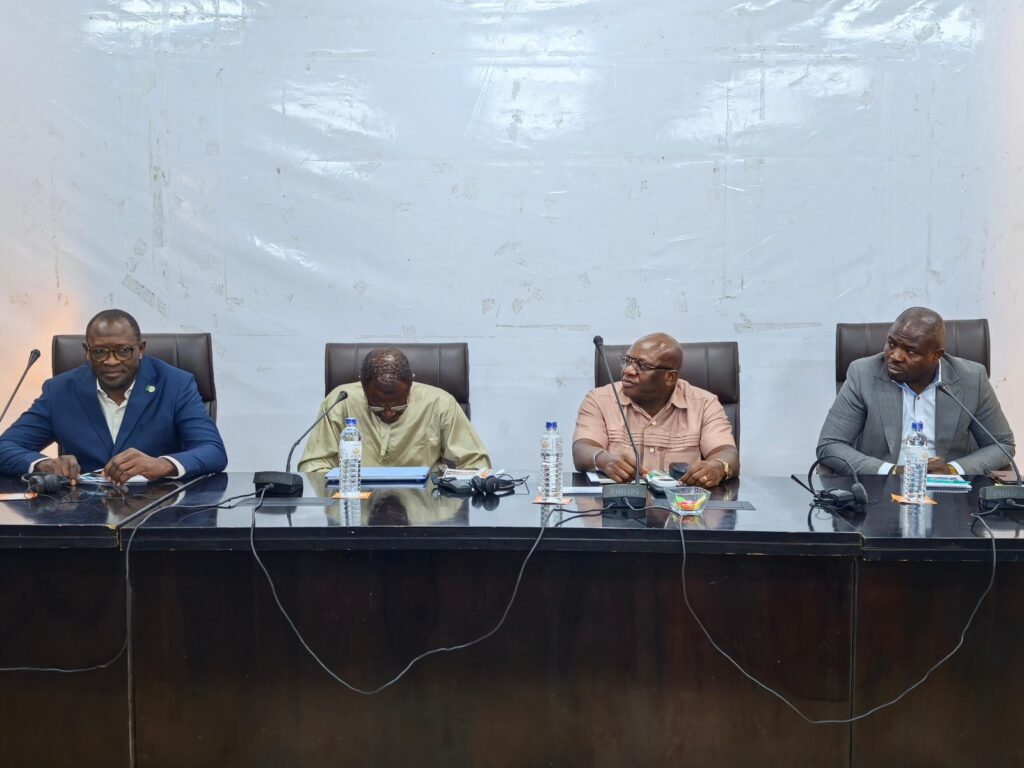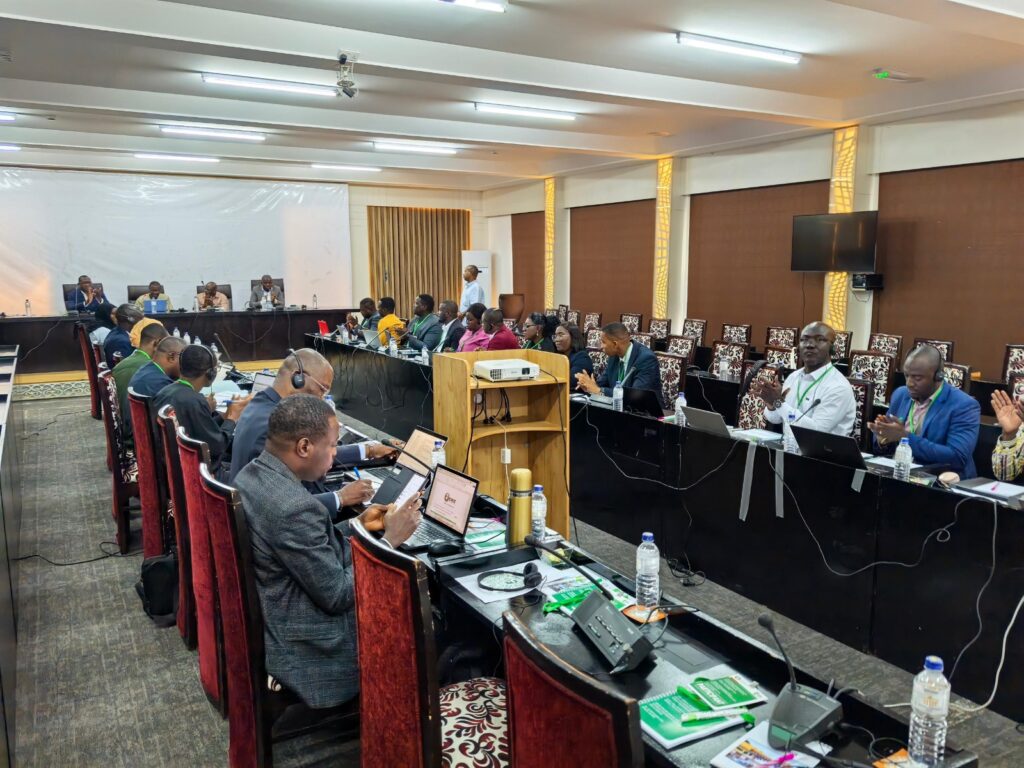ECOWAS Experts Converge on Banjul ,Validate Framework to Strengthen Energy Information System Across West Africa.
By Raymond Enoch
In a decisive stride toward bolstering West Africa’s energy governance and planning capacities, energy data experts from ECOWAS member states converged in Banjul, The Gambia, from September 24 to 26 for the fourth annual regional workshop on the ECOWAS Energy Information System (EIS).

The high-level meeting, convened under the auspices of the ECOWAS Commission’s Directorate of Energy and Mines, in partnership with The Gambia’s Ministry of Petroleum, Energy and Mines, aimed to validate a unified statistical reference framework and assess the current energy data landscape across the subregion.
With the theme focused on “Strengthening Regional Frameworks for Reliable Energy Data,” the workshop emphasized the urgent need for harmonized, digitized, and institutionalized data systems—critical for effective policy formulation, infrastructure investment, and sustainable development in the ECOWAS bloc.
The gathering brought together technical representatives and energy statisticians from all 15 member states, reinforcing the regional commitment to move beyond fragmented national systems toward a more integrated and interoperable energy information structure.

Speaking at the opening session, senior officials underscored the significance of dependable energy data as a backbone for planning and regional cooperation. They noted that this year’s validation of a common reference framework marks a pivotal turning point in the operationalization of the ECOWAS EIS, which aims to ensure consistent and credible energy data collection, reporting, and use across the region.
“Without solid, standardized data, energy planning is simply guesswork,” said a representative from the ECOWAS Directorate of Energy and Mines. “This workshop not only strengthens our shared understanding but also enhances the tools we need to face the region’s energy challenges head-on.”
The ECOWAS EIS, which has been evolving over the past four years, seeks to provide policymakers, investors, and development partners with timely and accurate data to support informed decision-making—particularly in areas such as electricity access, renewable energy deployment, fossil fuel management, and energy efficiency.
As the workshop concluded, member states reached a consensus on the proposed regional framework, setting the stage for its adoption and implementation at the national level. Experts also called for increased political will, capacity-building initiatives, and digital infrastructure to sustain the momentum and ensure long-term success.
With the Banjul workshop now a cornerstone of regional energy dialogue, ECOWAS continues to lay the groundwork for a data-driven energy future—one that aligns with its broader goals of economic integration, sustainable development, and universal energy access.








